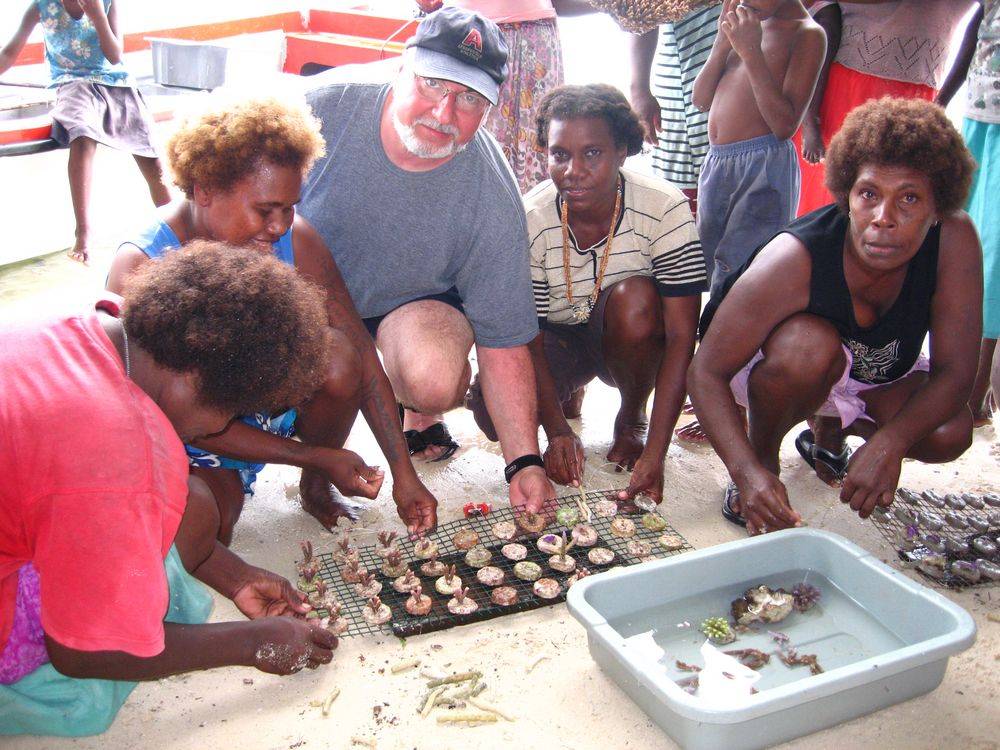Would be surprised. Australia is really pro nature and animal life and I am sure they have done their homework. Would surprise me if they actually prefer this. The can essentially charge what they want at this point.
Very true. My concern of Australia following these other countries is really based more on monkey see monkey do and pressures from these bleeding heart organizations. I wish I could say my concern was logic driven.










